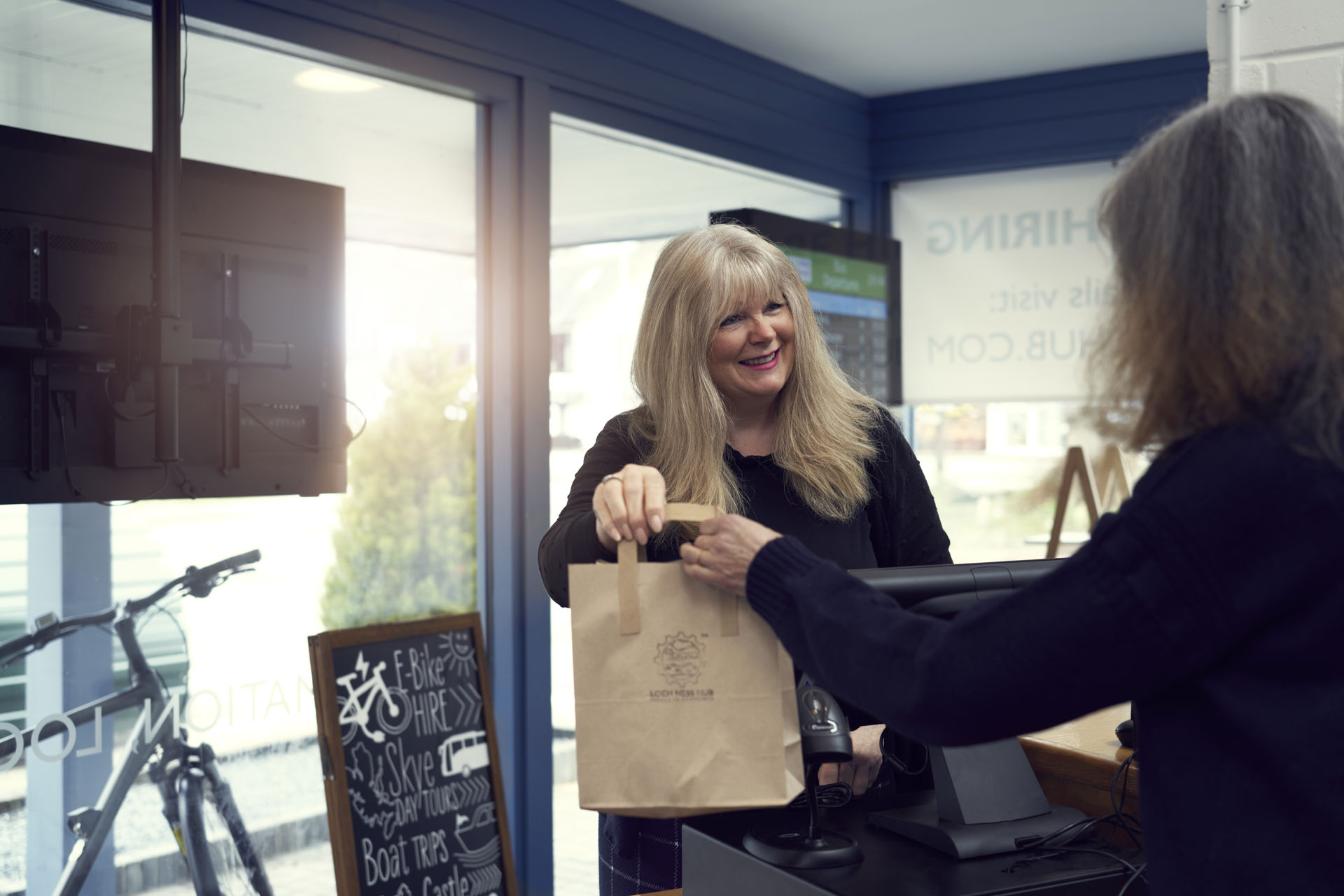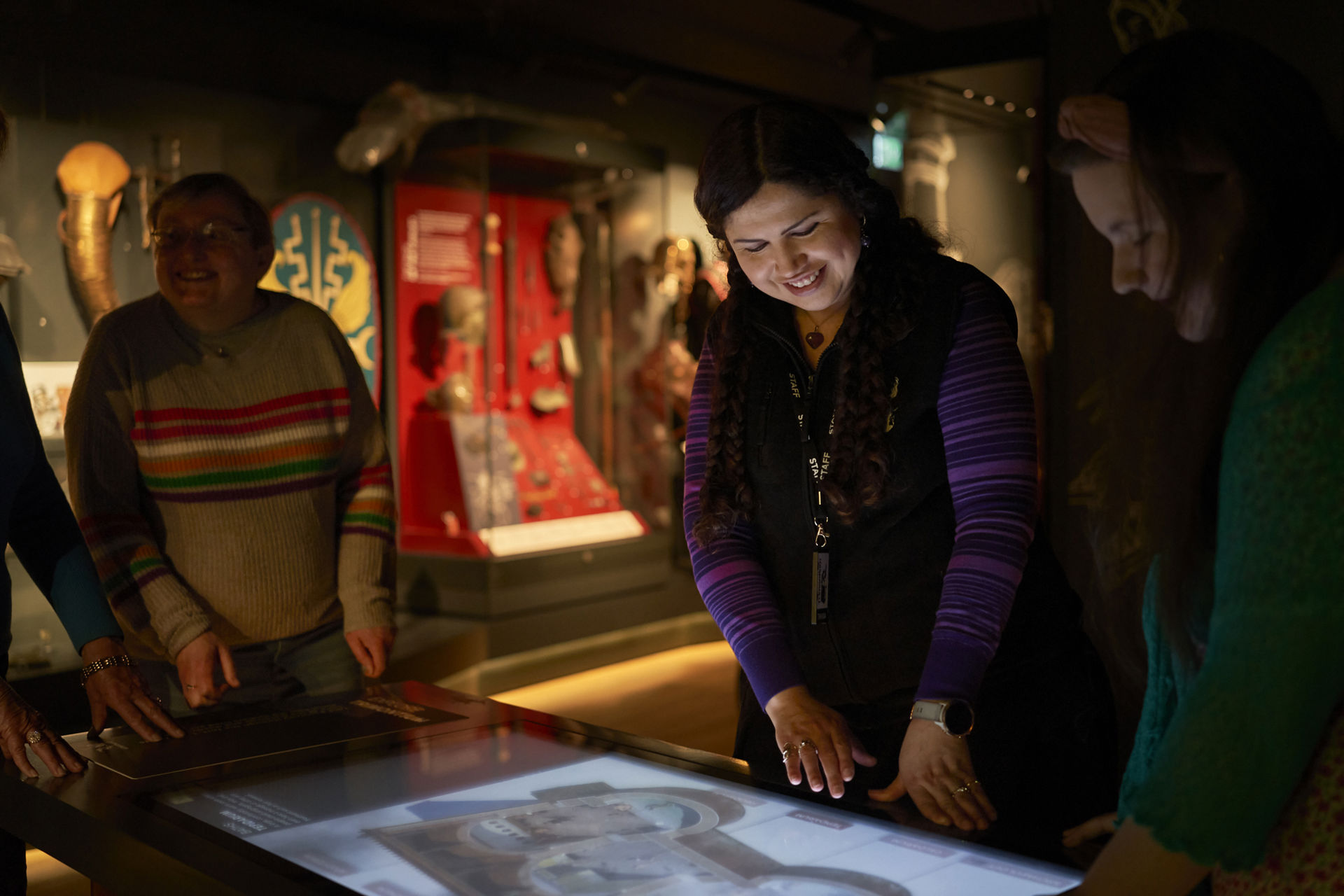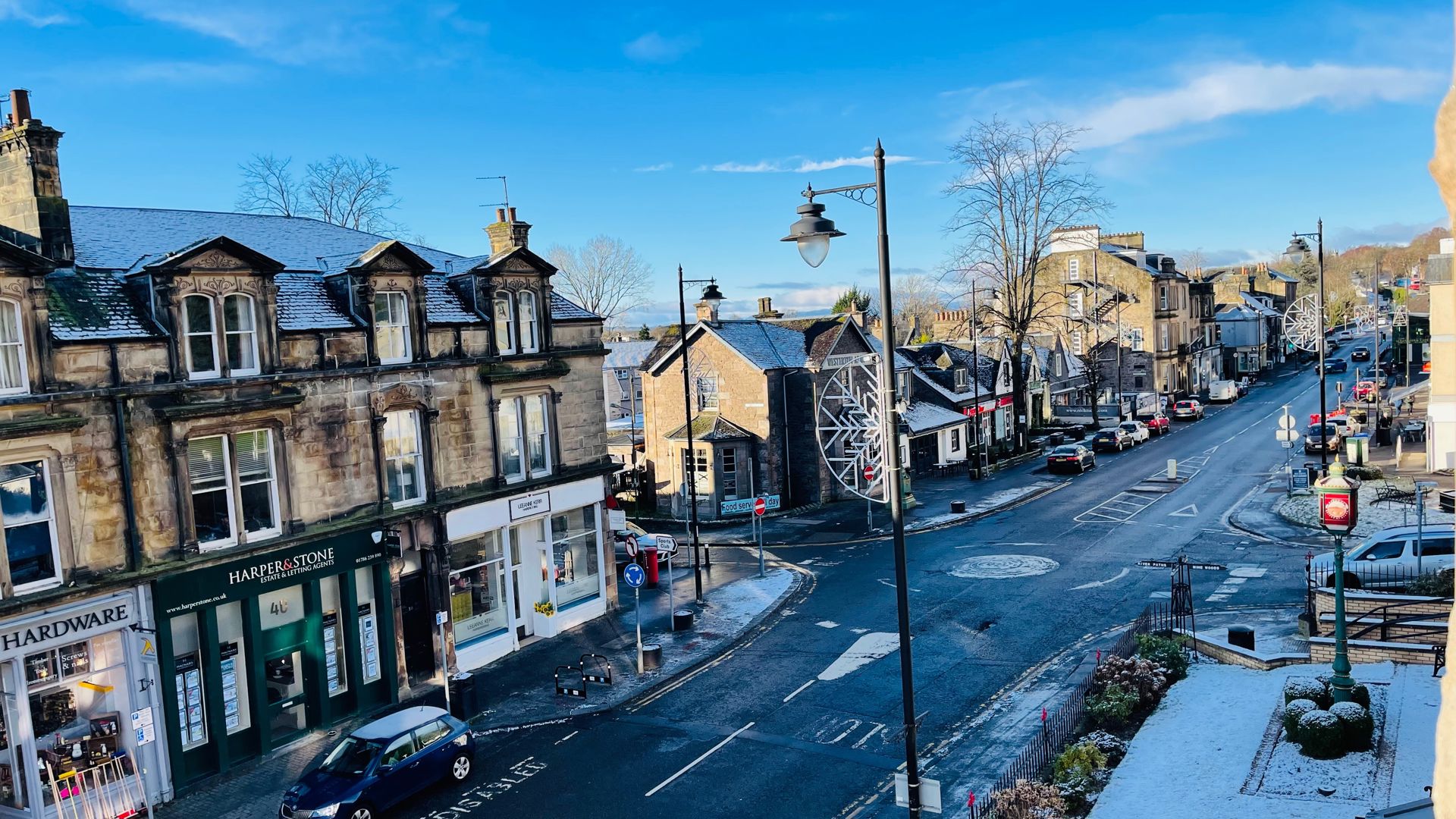For SCOTO, which is working at a grassroots level across Scotland, community tourism is where a community is directly involved in managing the tourism offer in their area and ensuring tourism derives tangible benefits locally.
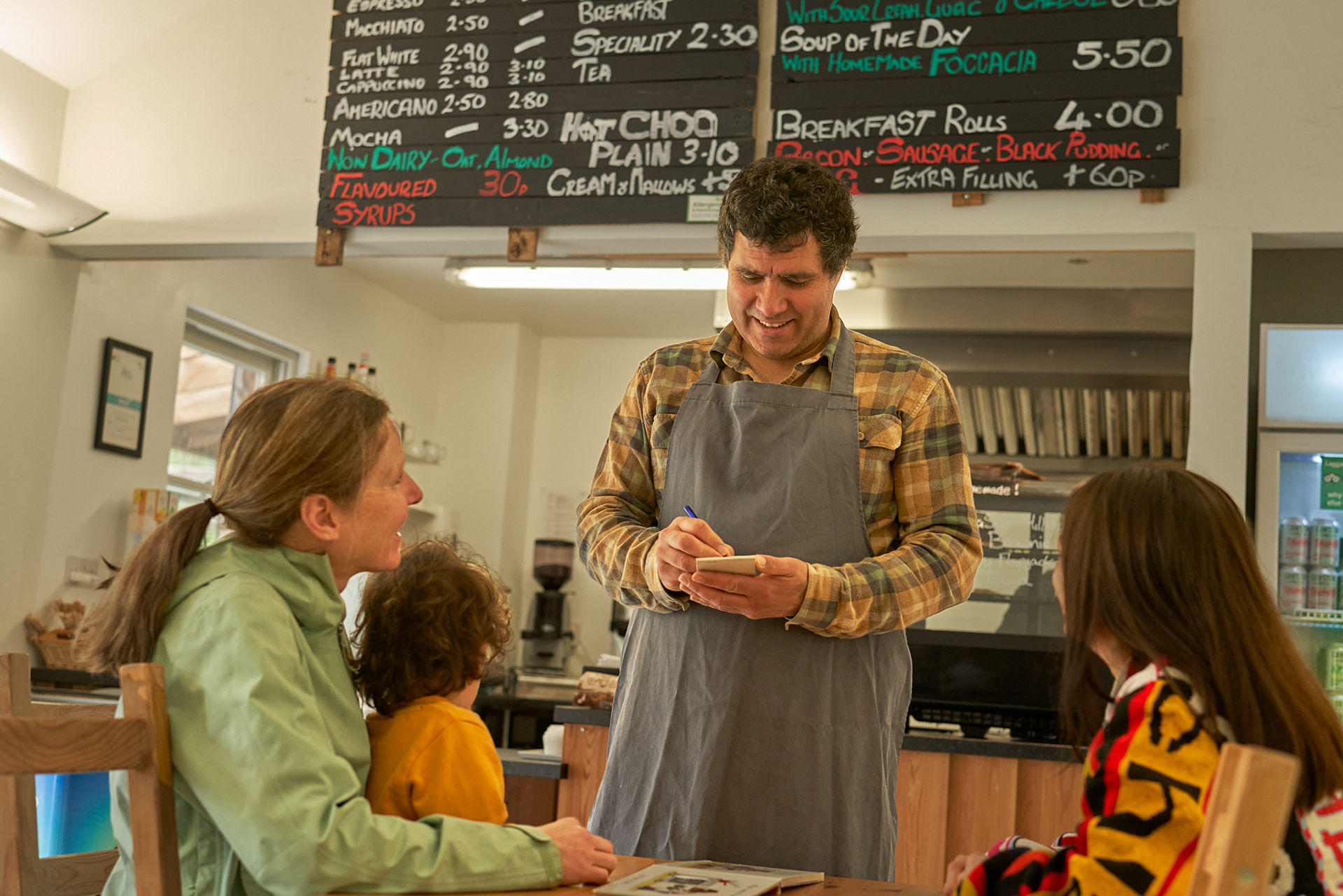
What is Community Tourism
Blending what communities need and visitors seek
Historically many communities have felt that tourism happens to them rather than with them.
Community tourism has become something that delivers many positive benefits and can help address priority issues such as social isolation, retaining young people and preserving artefacts and assets.
SCOTO believes there are two primary types of community tourism in Scotland:
Recalibrating Tourism
If a community has taken time to consider what is important to them and their priority issues, these can form the basis for measuring impact. Most of Scotland's communities have engaged in community action planning and have set out local priority issues. When defined, these can form the basis for measuring the impact of community tourism enterprises and initiatives – and measurement drives impact.
For example, if retaining young people in the community is a priority, measure young people working in tourism. If tackling social isolation is a priority, measure volunteer opportunities or even hours. If supporting local craftspeople and producers is a priority, measure the number of products sold at the community-run visitor hub. And if creating permanent rather than seasonal jobs is a clear priority, don't simply measure FTEs; measure the number of people with permanent contracts. This could be annualised hours and give the person blocks of time off – but they have a permanent contract, which allows them to put down roots and plan their life.
Fundamentally SCOTO believe in Carnegie UK's central message on measurement.
'What we measure affects what we do. If we measure the wrong thing, we will do the wrong thing. If we don't measure something, it becomes neglected, as if the problem didn't exist'.
If something is essential to an individual community and change is needed, build that into the community-led tourism enterprise and use it to measure impact.
Take the scenario where a visitor comes into the community run information hub. They browse the local crafts and spend £15 on some locally made fudge and a scented candle and help themselves to a locally ground coffee and leave a donation. They are served by a local volunteer who chats about the many things they can do and books them on a 'Tai Chi in the forest' event with a local entrepreneur that afternoon. Traditional tourism measures would have clocked footfall and spending. In a community-led tourism world, this scenario would clock; volunteers hours which helps tackle social isolation, the local produce sold and the food miles, the number of small local businesses being supported, participation in a well-being event - and visitors receiving a warm local and informed welcome.
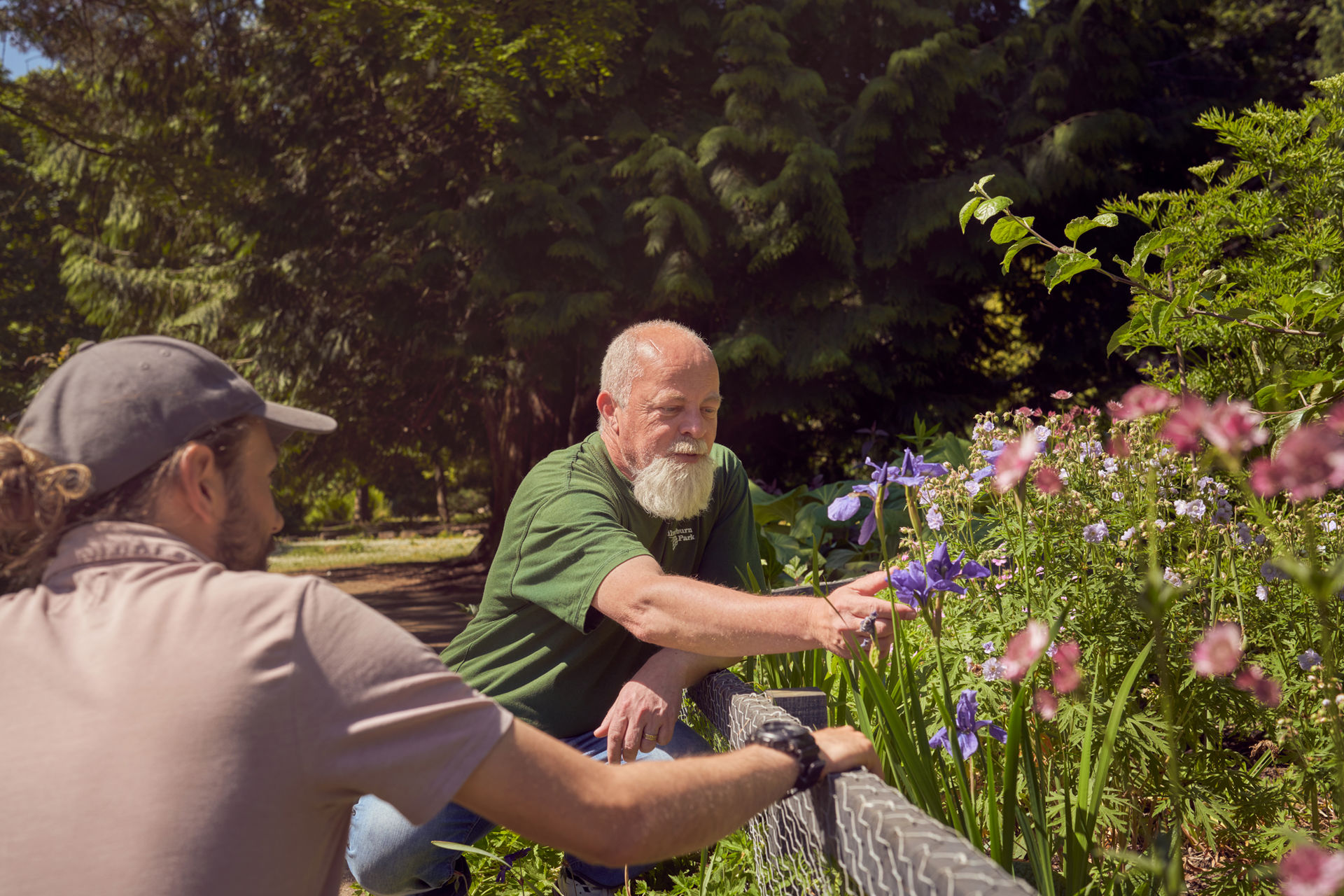
Do you want to be a SCOTO Networker, Supporter or Enterprise?
Find out more about how you can join SCOTO
